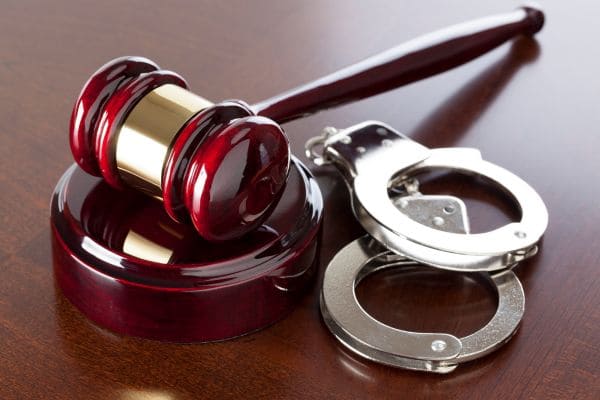SELF-DEFENSE AND ITS LEGAL APPLICATION

LAWFUL EXERCISE OF A RIGHT OR DUTY
Criminal liability is also excluded when an individual acts in accordance with the law, a legal duty, or in the legitimate exercise of a right, office, or function. For example, if a police officer uses proportional force to prevent a crime, they are not criminally liable, as their actions are legally protected. This exemption ensures that public officials or individuals exercising legal rights are not unjustly penalized for their actions.
STATE OF NECESSITY: PROTECTING A GREATER GOOD
Another key ground for excluding criminal liability is the state of necessity. This occurs when a person breaks the law to prevent a greater harm that cannot be avoided otherwise. Several conditions must be met for this situation to be legally justified. First, the protected good must be of equal or greater value than the one affected. Second, the danger must be imminent and not voluntarily provoked by the person acting. Finally, the individual must not have a legal obligation—due to their profession or position—to face such danger.
For example, if someone damages a parked vehicle to rescue a person trapped inside during a fire, their action may be justified under the state of necessity. The harm caused (to private property) is clearly less severe than the harm avoided (loss of human life).
In summary, the criminal justice system acknowledges that not every act defined as a crime deserves punishment when carried out under specific justifiable conditions. Legal constructs such as self-defense, lawful exercise of a right, and state of necessity ensure fair evaluation of human behavior in extreme situations.
Facing a legal issue involving self-defense, duty compliance, or state of necessity? Contact our law firm today for expert legal guidance and professional protection of your rights.
Frequently Asked Questions (FAQs)
When is a person considered to be acting in self-defense?
When they respond to an actual and unlawful attack using means that are necessary and proportionate to the threat.
Can I be punished if I exceed the limits of self-defense?
Yes. Excessive use of force may lead to criminal liability for a negligent offense, unless there is a reasonable emotional or situational justification.
What is meant by state of necessity?
It refers to situations where someone commits an unlawful act to prevent a greater harm, provided specific legal conditions are met.
Is it justified to break the law to save a life?
Yes, if the action meets the legal criteria for state of necessity and the harm caused is less than the harm avoided.
Can a public official use force without facing criminal consequences?
Yes, as long as they act within the lawful scope of their duties and use force proportionally.
The content of this article does not reflect the technical opinion of Rigoberto Paredes & Associates and should not be considered a substitute for legal advice. The information presented herein corresponds to the date of publication and may be outdated at the time of reading. Rigoberto Paredes & Associates assumes no responsibility for keeping the information in this article up to date, as legal regulations may change over time.



